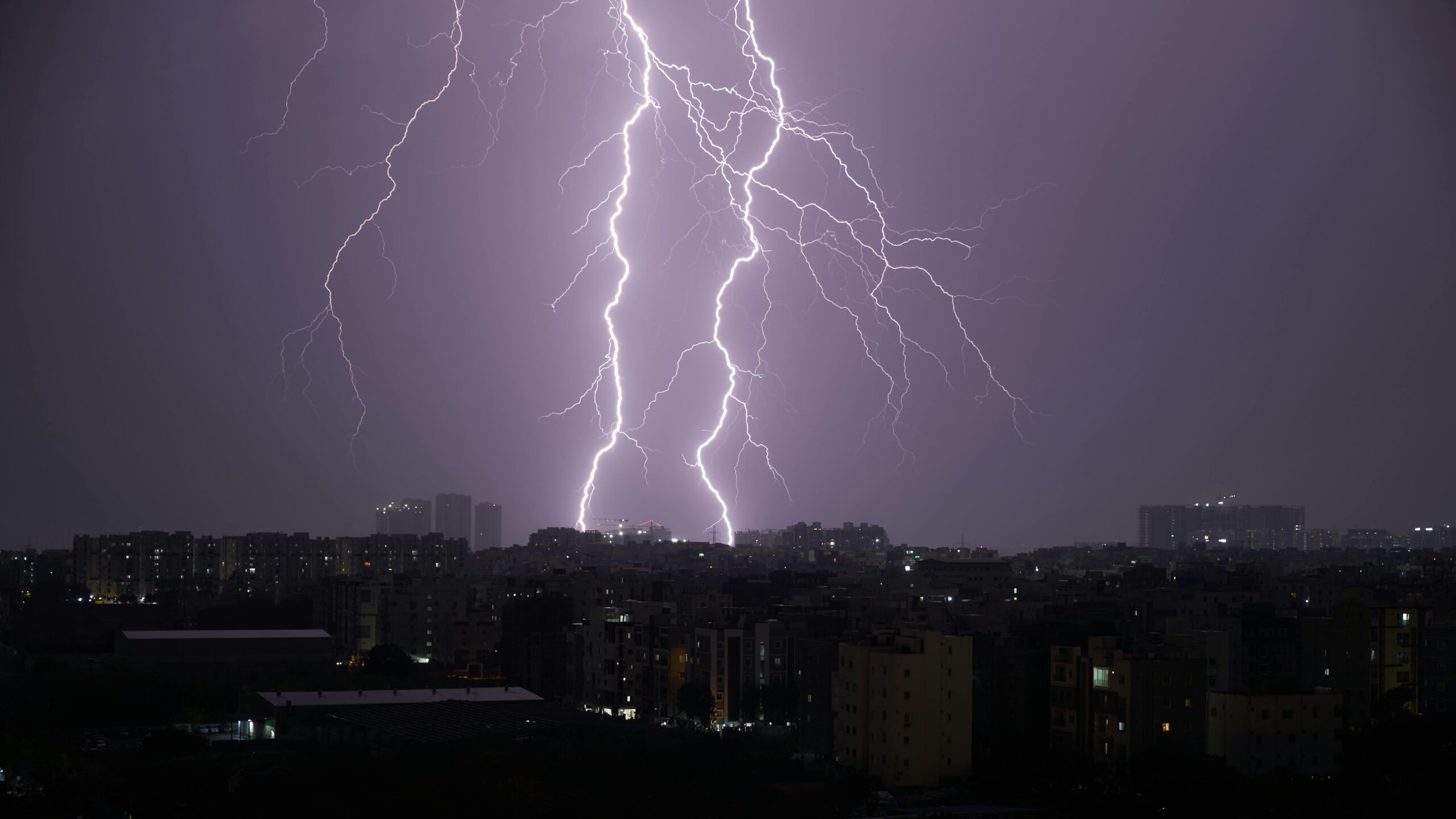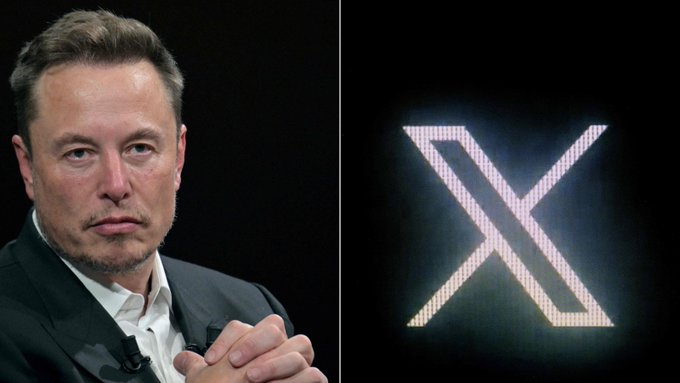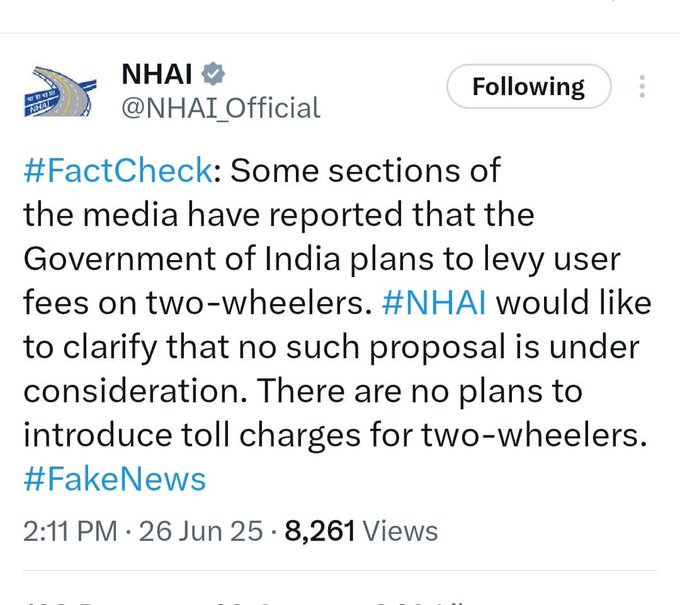In a major relief to actor-politician Kamal Haasan and the makers of his upcoming film Thug Life, the Supreme Court of India has ordered that the film must be released in Karnataka. The verdict comes in the wake of a controversy surrounding Kamal Haasan’s earlier remarks on the Kannada language, which had led to protests and an informal ban on the film in the state.
The film was facing opposition from pro-Kannada groups, who threatened to disrupt its release unless Haasan issued a public apology. The Karnataka Film Chamber of Commerce had also advised against the screening of the film, citing safety concerns. However, the filmmakers approached the Supreme Court, arguing that a certified film cannot be withheld from release due to threats and political pressure.
A bench of Justices Ujjal Bhuyan and Manmohan strongly emphasized that no mob or vigilante group can dictate terms to the law. “Rule of law demands that any film with CBFC clearance has to be released. We cannot allow mob pressure or public threats to take over constitutional rights,” the bench said. The court also expressed concern over a Karnataka High Court suggestion that Haasan should apologize for his remarks, calling it “disturbing” and outside judicial authority.
The court ordered the Karnataka government to ensure law and order during the film’s release and provide necessary protection to theaters that choose to screen Thug Life. It further stressed that while watching a film is voluntary, stopping its release due to intimidation is unacceptable.
The producers of the film stated that they had suffered massive losses due to the delay and unofficial ban, with estimated box office losses in Karnataka alone crossing ₹35–40 crore. They also alleged that local authorities did little to stop the threats made by fringe groups.
Thug Life, which stars Kamal Haasan in the lead and is directed by Mani Ratnam, is one of the most anticipated Tamil films of the year. It was originally scheduled to release across India on June 5, but faced a roadblock in Karnataka due to the controversy. With the Supreme Court’s intervention, the film is now expected to be screened across the state without further hindrance.
The case has been transferred from the Karnataka High Court to the Supreme Court, with the next hearing scheduled soon. Meanwhile, the apex court’s ruling is being hailed as a strong stand in favor of freedom of expression and the rule of law.




